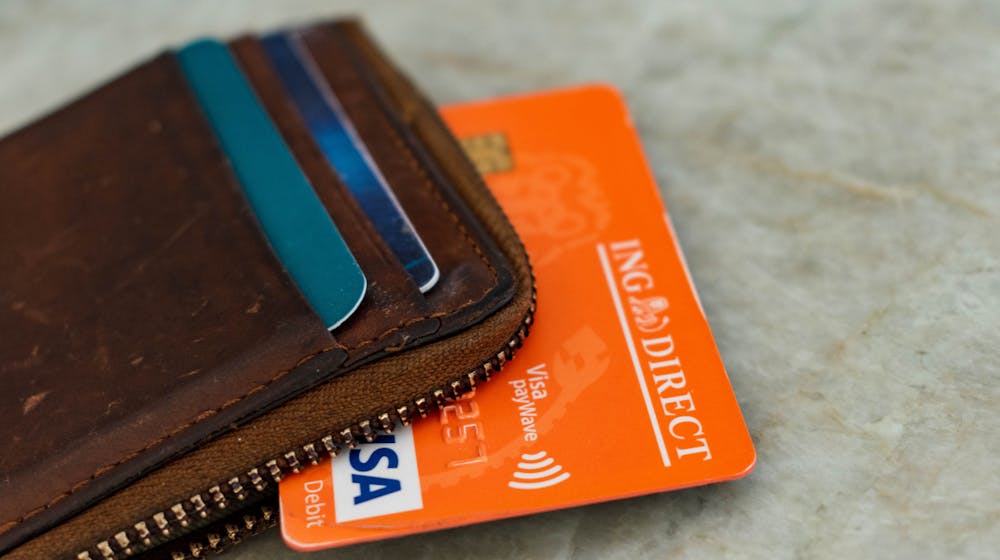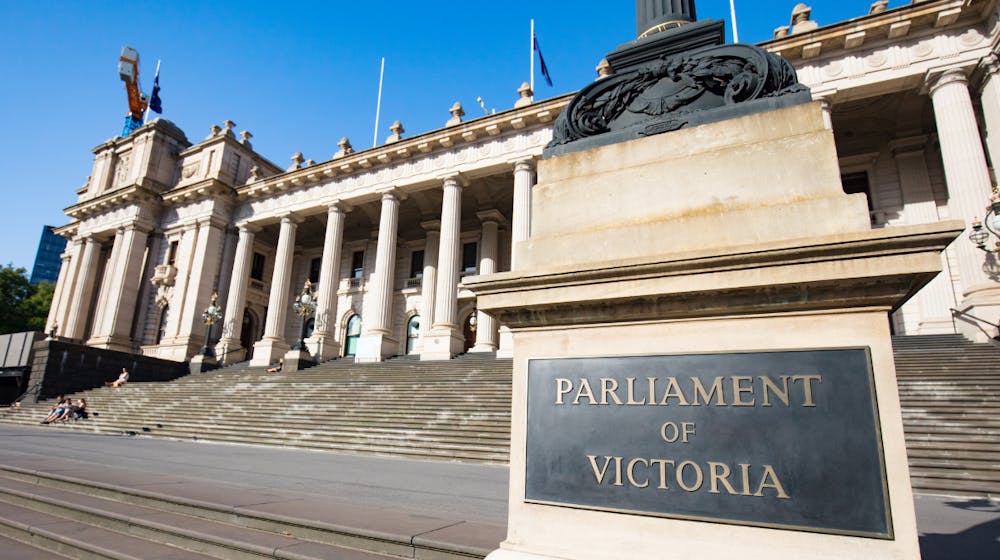NSW’s Cashless Gaming Trial: High Hopes But Low Participation


In a bold move to combat gambling harm and money laundering, New South Wales launched a cashless gaming trial. Yet, recent reports reveal participation has plummeted, raising questions about the trial’s effectiveness and management.
Key Takeaways
- NSW cashless gaming trial sees a drastic drop in participation, with only 32 active users out of 207 signups.
- The trial aimed to combat gambling harm and money laundering, with a significant issue being poker machines in pubs and clubs.
- Despite initial participation from leading providers such as Light & Wonder and IGT, only 14 venues remain in the pilot.
- Opposition critiques the government’s trial management, highlighting excessive costs and limited success.
- In related news, the Grattan Institute calls for loss limits and an advertising ban to mitigate gambling harm.
Launched as an innovative strategy to reduce gambling harm and curb money laundering, the cashless gaming trial in New South Wales (NSW) seems to be facing turbulent times.
Reports from Australia indicate that active participation has drastically dwindled from an initial 207 signups to just 32 individuals. This decline in engagement signals potential challenges in the operational approach and the broader acceptance of cashless gaming solutions within the community.
A Promising Start Amid Grave Concerns
The cashless gaming initiative was introduced amid distressing revelations. A report by the NSW Crime Commission pointed out the worrying trend of poker machines in pubs and clubs being used to launder billions.
With such alarming data, the introduction of cashless trials by NSW was a decisive step towards mitigating these issues. Early on, industry giants like Light & Wonder and IGT were some of the notable participants, signalling a solid industry buy-in.
Participation Woes
However, as the trial progressed, a significant drop in venue and participant numbers was observed, shrinking to 14 venues from the original 27. This reduced engagement questions the effectiveness of cashless systems in real-world applications and their acceptance among the target demographic.
Criticism has been swift and harsh, especially from political quarters. The Opposition Leader, Mark Speakman, didn’t mince words when he described the unfolding situation as a “disgraceful circus.” He laid bare the trial's financial inefficiencies, spotlighting the $634,000 expenditure that translates to an “eye-watering” $20,000 per active participant.
Such figures not only raise eyebrows but also cast doubts on the trial's management and future direction.
A Broader Conversation on Gambling Harm
This development occurs alongside wider discussions on gambling harm prevention. The Grattan Institute, a renowned Australian think tank, has made recommendations on loss limits and an advertising ban. Such suggestions address gambling harm at its core, offering solutions that might work in tandem with or independently from cashless gaming mechanisms.
Where Do We Go From Here?
The evident challenges facing the NSW cashless gaming trial highlight a complex issue beyond operational hiccups. It touches on societal attitudes towards gambling, technological adoption, and the broader fight against gambling harm and money laundering.
Will this initiative pave the way for a safer gambling environment, or will it serve as a cautionary tale in implementing tech-based solutions? As the situation unfolds, all eyes will be on NSW to see how they navigate these turbulent waters and what lessons can be learned for the future of gambling harm prevention.

Olivia is an experienced journalist passionate about keeping our readers up to date with the latest in casino and iGaming news.
Read more about the author









